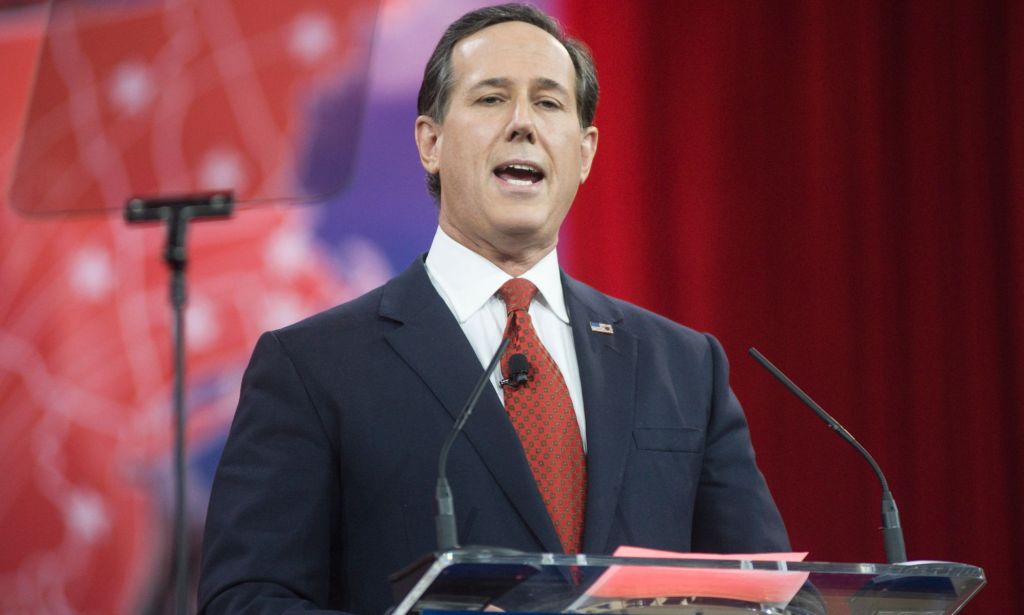Queer survival in Mississippi and the bars that saved us
On Highway 90, between the shrimp boats and the neon of the casinos, there’s a quiet kind of resistance. The type that pulses under dance floors, tucked behind unmarked doors. Gay bars on the Mississippi Gulf Coast don’t wear their pride like big-city clubs. They don’t have rainbow flags stretching across intersections or drag brunches advertised on billboards. They live low to the ground, out of sight but very much alive.
They’ve had to. In places like Biloxi, Gulfport, and D’Iberville, being queer has never been entirely safe. But the bars? They were the closest thing to it.
I remember my first gay bar like I remember my first kiss: dark, sweaty, full of fear yet still, somehow, holy. It was a place called Sipp’s in Gulfport, wedged between a pawn shop and a seafood restaurant that closed after Katrina. I was nineteen and shaking. My friend Rachel had dragged me there with promises of karaoke and cheap beer. I didn’t know who I was yet, but I knew I wanted to be in a room where men danced with men without apology, where drag queens called you “baby” with the weight of both insult and blessing.
Inside, the music was too loud, the drinks too weak, and the air full of something electric. Something like freedom. There were older lesbians at the bar playing pool, a few kids from the local community college doing shots in a circle, and a queen named Miss Mahogany twirling on stage like she was auditioning for the very last chance to be seen.
For those of us growing up queer in Mississippi, these places weren’t just nightlife. They were sanctuaries. They were family reunions for people whose families no longer spoke to them.
But even inside, the fear never entirely left. Everyone I knew had a code. We scanned parking lots before leaving. We never used real names with strangers. We whispered pronouns like secrets. Because we knew Mississippi didn’t love us. Not really.
And sometimes, it killed us.
An hour from those coast bars, Mercedes Williamson was seventeen in 2015 when she was murdered in Lucedale. Her name wasn’t in the headlines for long. Most papers called her a “teenager from Alabama,” or simply “a murder victim.” Some didn’t mention she was transgender at all. Others deadnamed her, erasing her even in death.
Her killer was Joshua Brandon Vallum, who belonged to the Latin Kings gang. He knew she was trans; they had been romantically involved. Vallum panicked when other gang members found out. He lured her into the woods, beat her with a hammer, then stabbed her to death. He later admitted he was afraid of what the gang would do to him.
So instead, he did it to her.
Mercedes was the first known victim whose murder was prosecuted under the federal Hate Crimes Prevention Act for a crime against a transgender person. That fact—the “first”—should shame us all. She lived just a county away from where I danced under strobe lights, thinking I was safe.
There’s a kind of grief that sits in your throat when you read stories like hers. Not because they’re new, but because they aren’t. Because every queer person in Mississippi carries a list. Whether we say it out loud or not, it’s essential to be aware of their experiences. A mental roll call of names like Mercedes’s. These are names that never made it to the memorials or the national news. Names said in whispers, or not at all.
The bars tried to drown that grief in beats per minute and dollar shots. But it never left us.
There was a drag show in her Mercedes’s memory at a small club in Biloxi. Someone stapled her photo to the wall near the DJ booth. Miss Mahogany wore black that night and ended her set in tears, raising her arms toward the ceiling and saying: “This one’s for the girls who don’t get to finish becoming.”
The bars have shifted over the years. Just Us Lounge in Biloxi is still open. Joey’s is gone. New bars open under new names with different rules, but the soul remains. Some are quieter now. But they still exist. Which, in Mississippi, is radical.
Because the danger is still here, too.
It’s in the legislation that erases trans healthcare. It’s in the preacher’s sermon about “God’s design.” It’s in the Facebook comment sections. It’s in the boy at the bar who buys you a drink and asks, after you’ve smiled, if you’re “one of the real ones.”
It’s in the memory of Mercedes, and in the knowledge that justice, when it comes, is too late.
Gay bars in Mississippi don’t promise safety. They never did. What they offer is something more fragile and more powerful: presence. A room where people refuse to disappear. A place where being seen fully, glitteringly, and defiantly is the only requirement for entry.
Sometimes I think of Mercedes walking into a bar like that. Ordering a cranberry vodka. Laughing. Requesting Beyoncé on the jukebox. Telling someone her name. And I wonder how different the world might’ve been if someone had just listened. Believed her.
Loved her loudly.
I don’t go out much these days. The bars are smaller. The music is louder than I remember. But sometimes, on a Friday night, I’ll drive down Highway 90 and pass a bar with the rainbow light barely flickering above the door. And I think of all the people who made that possible. All the ones who didn’t make it. And I’ll whisper their names like a liturgy.
Because we are still here. Because we still dance. Because sometimes, survival looks like a song you only sing in the dark, but you sing it anyway.
And sometimes, that’s enough.
Mark Burr is a queer Korean American poet from Ocean Springs, Mississippi.

